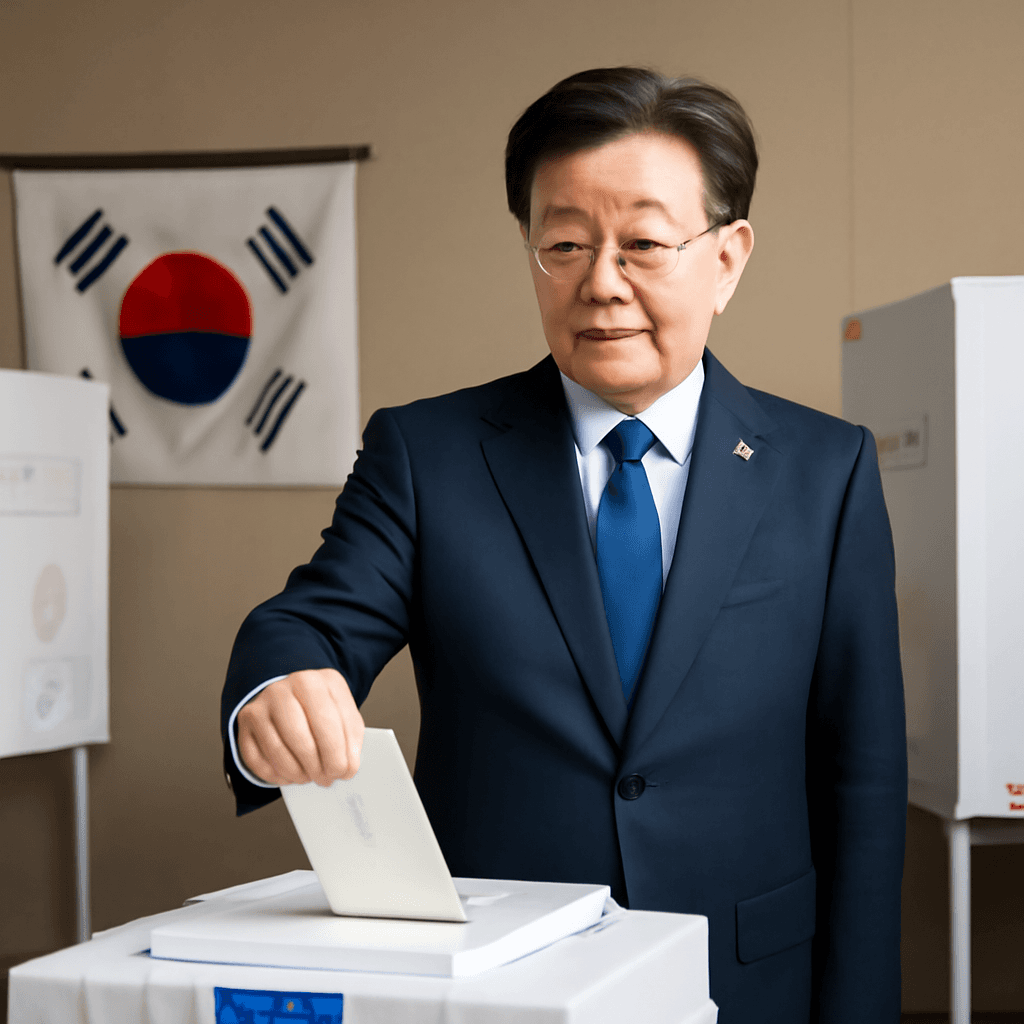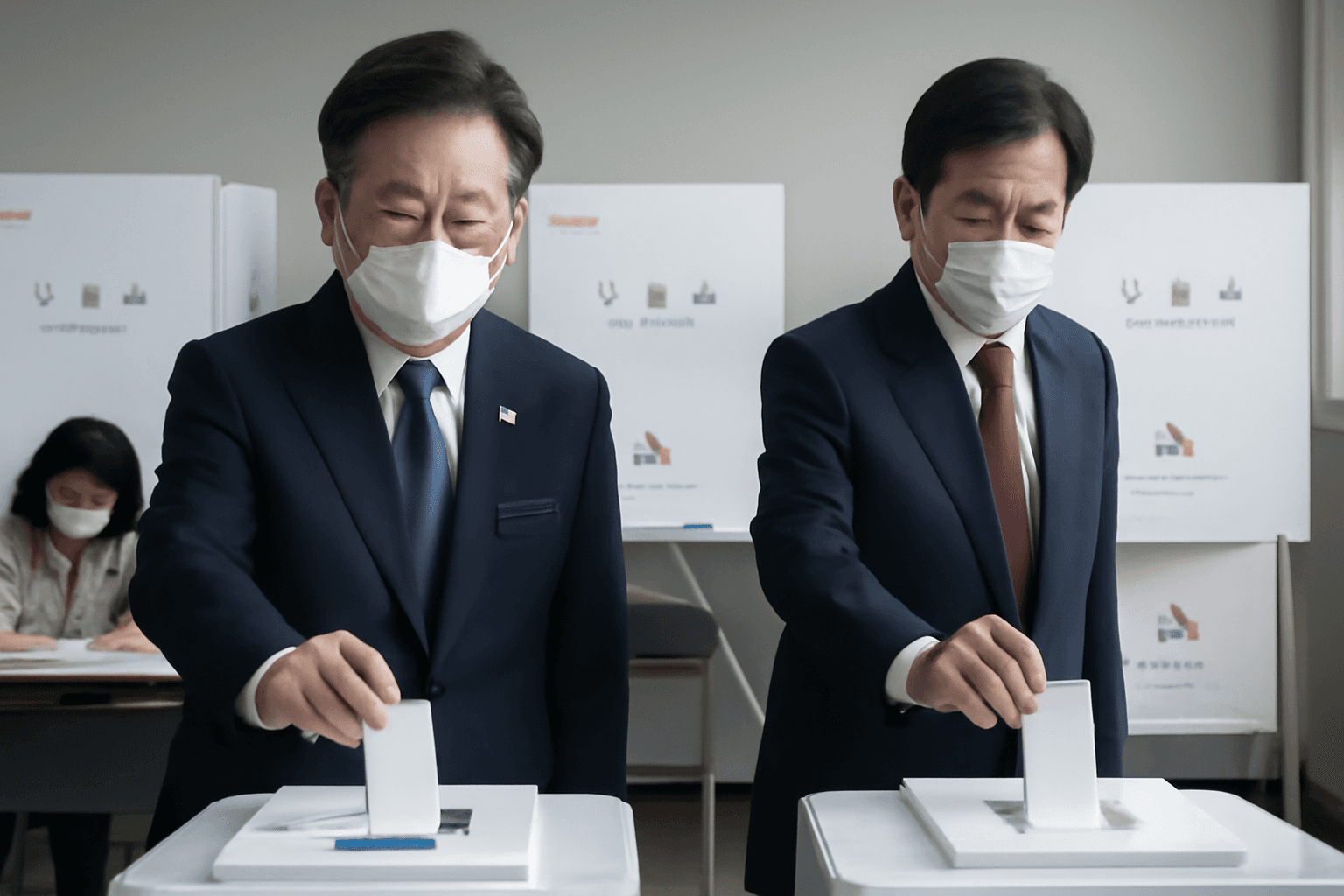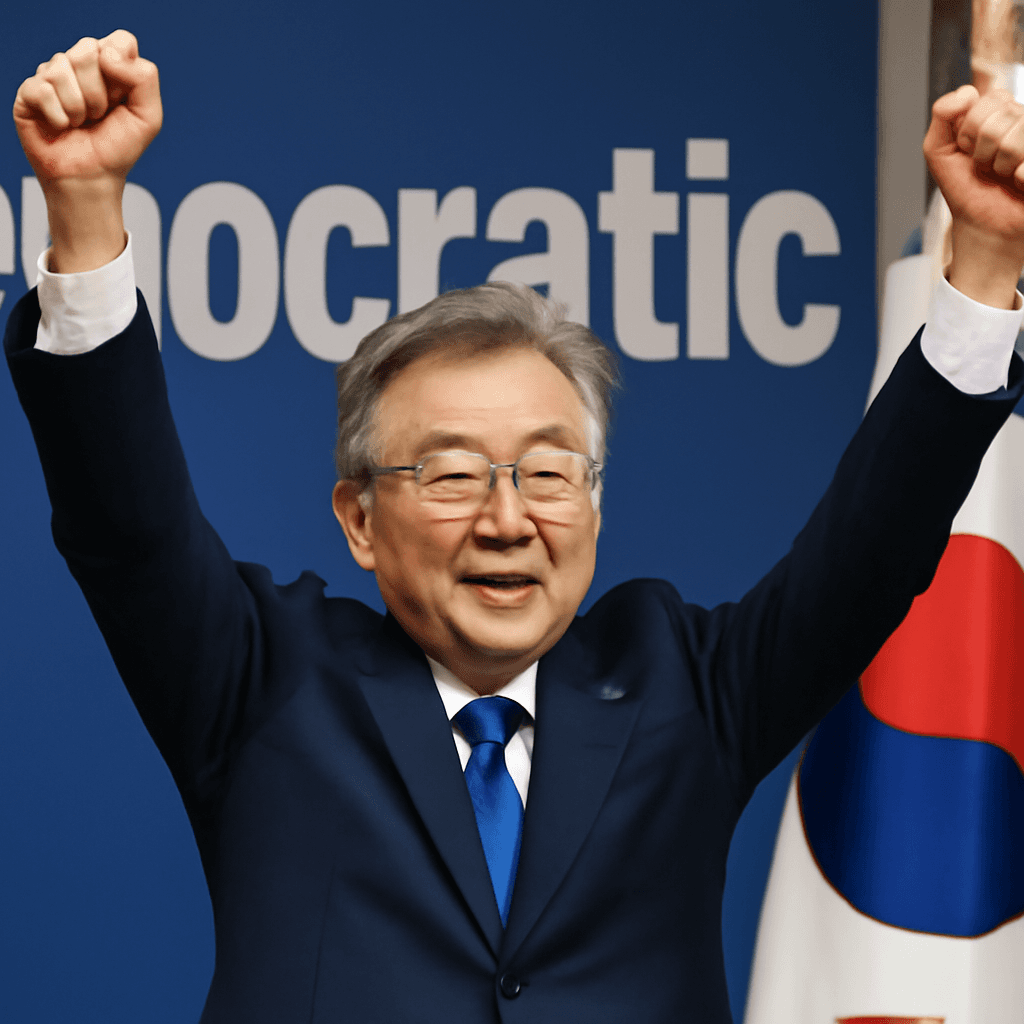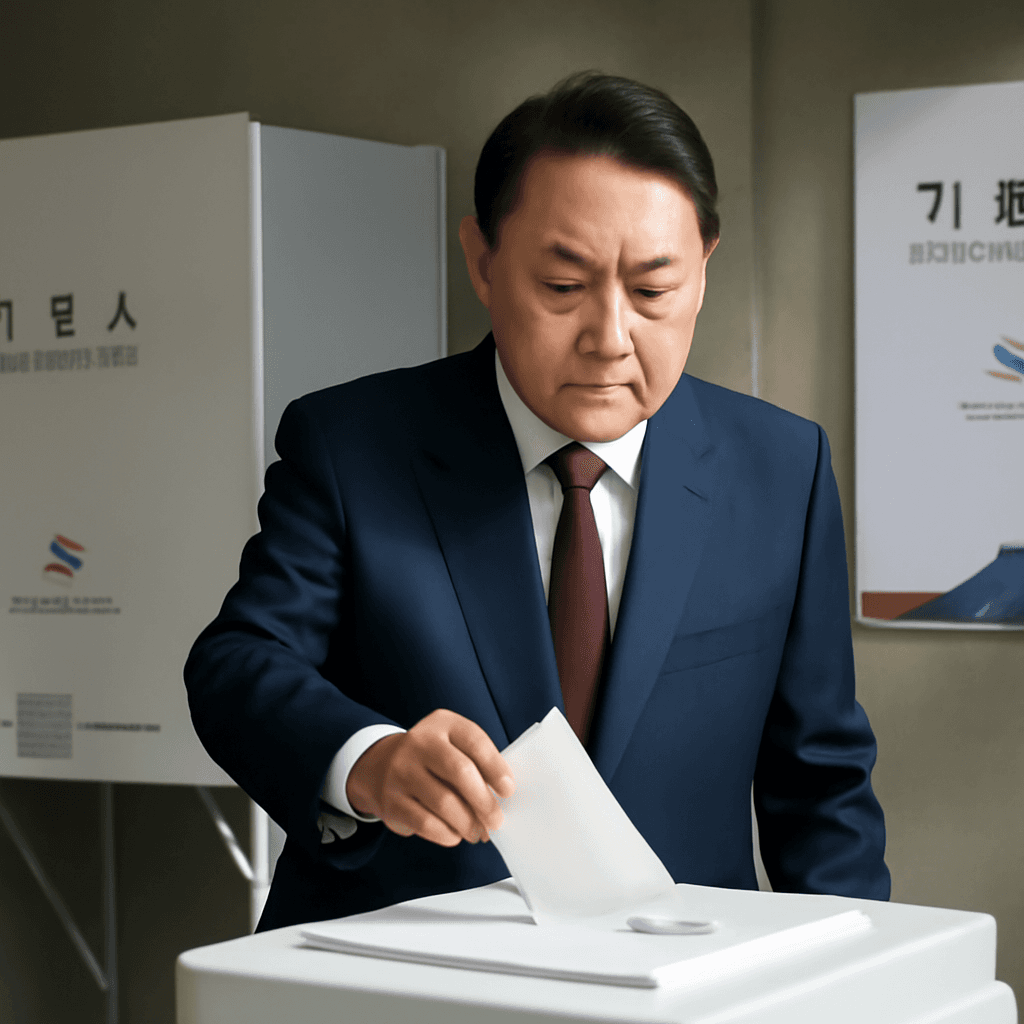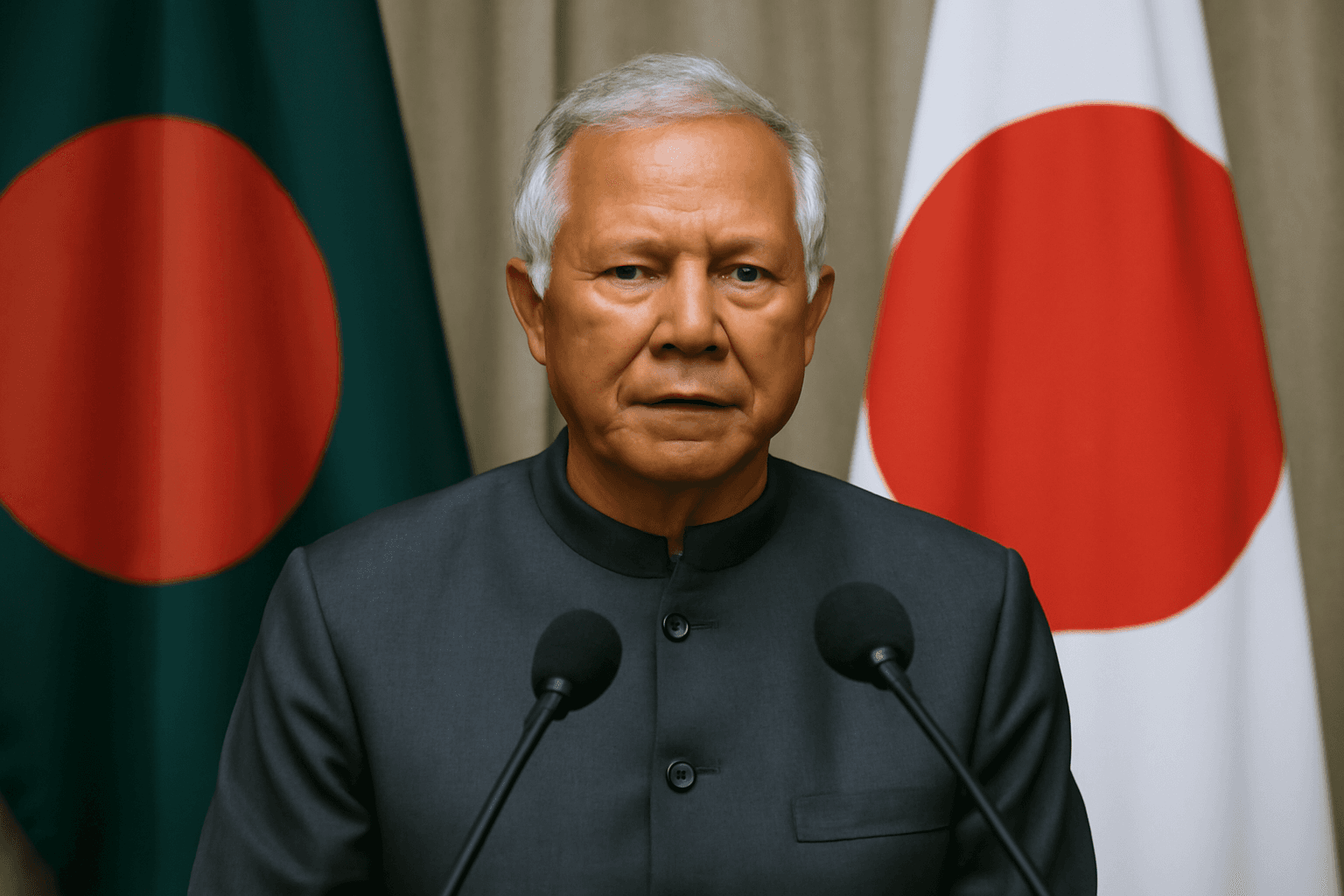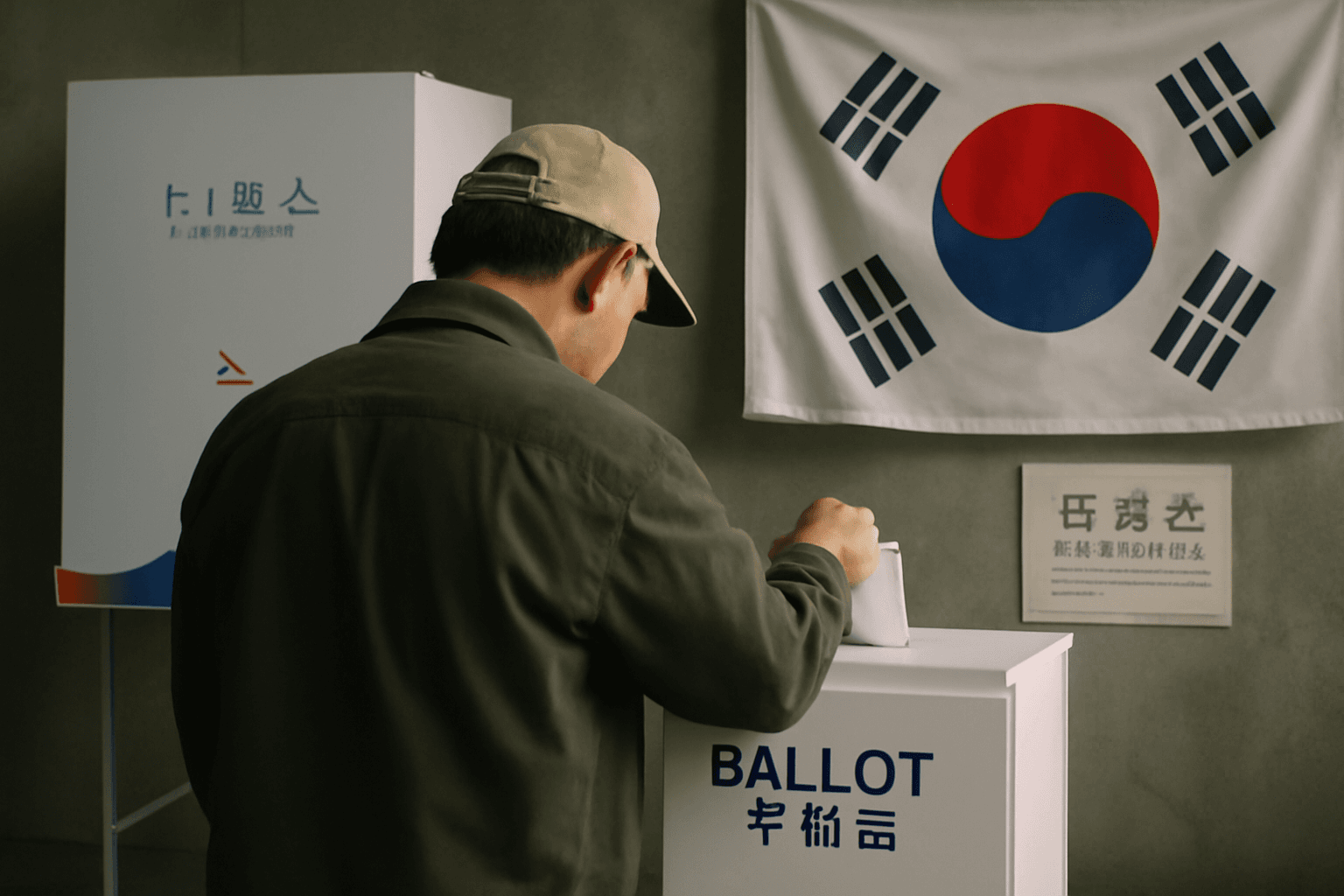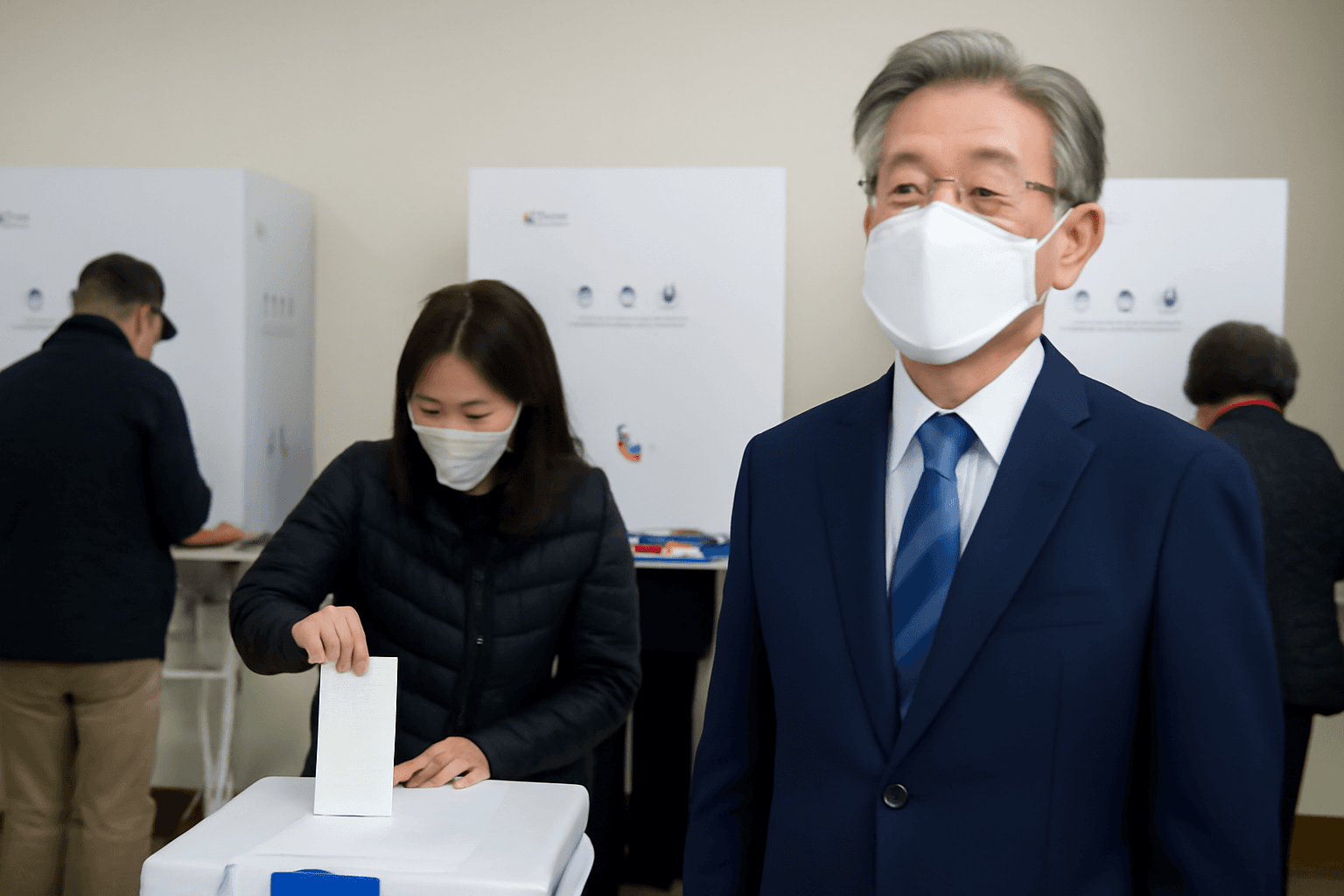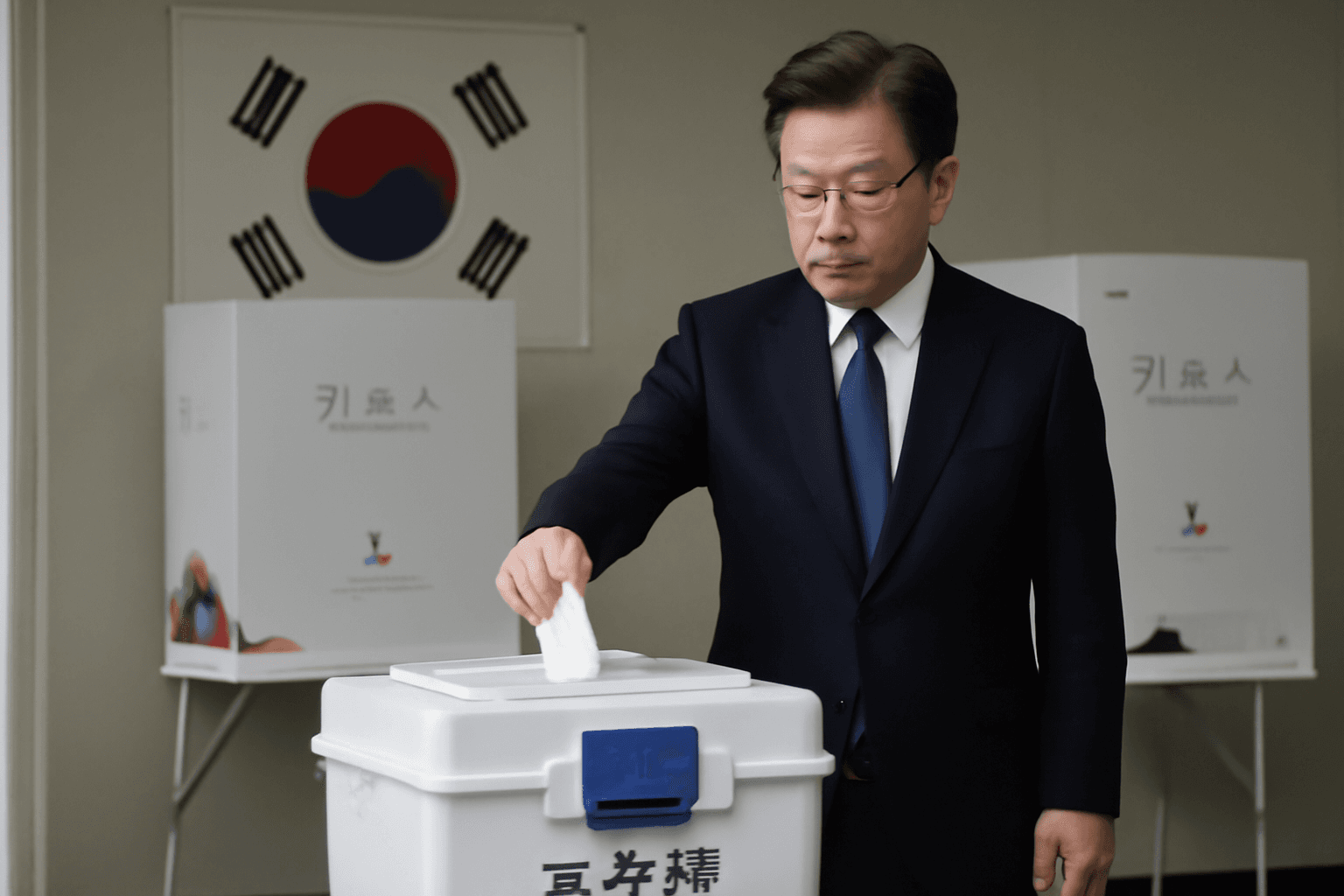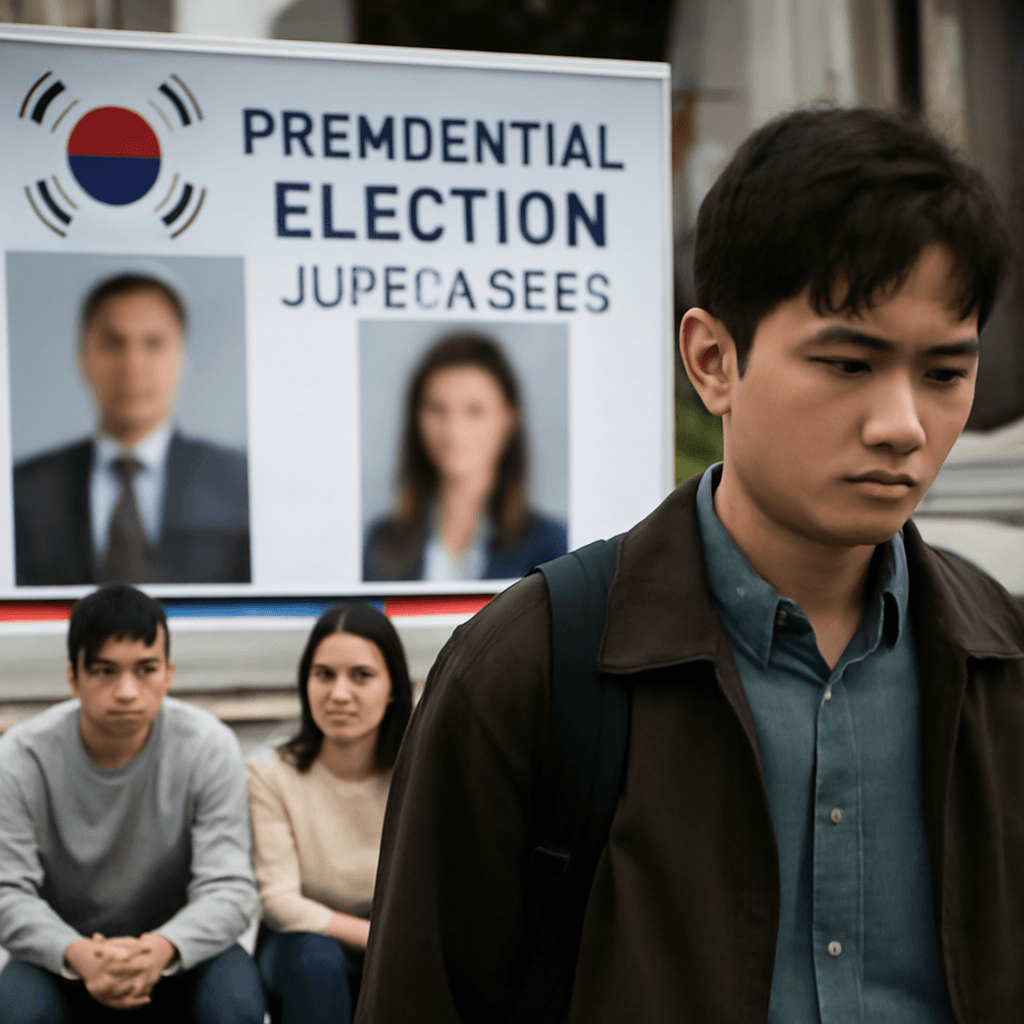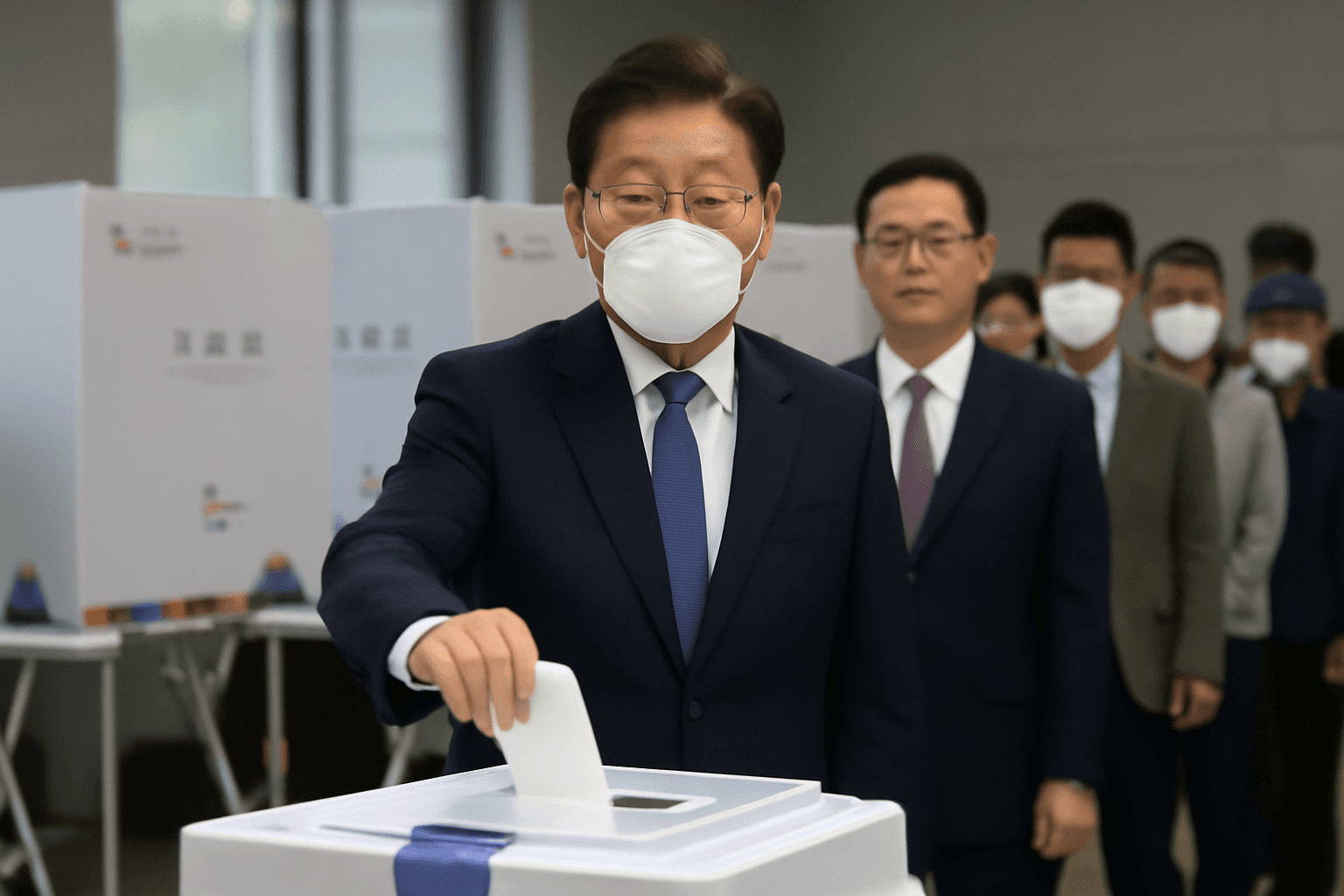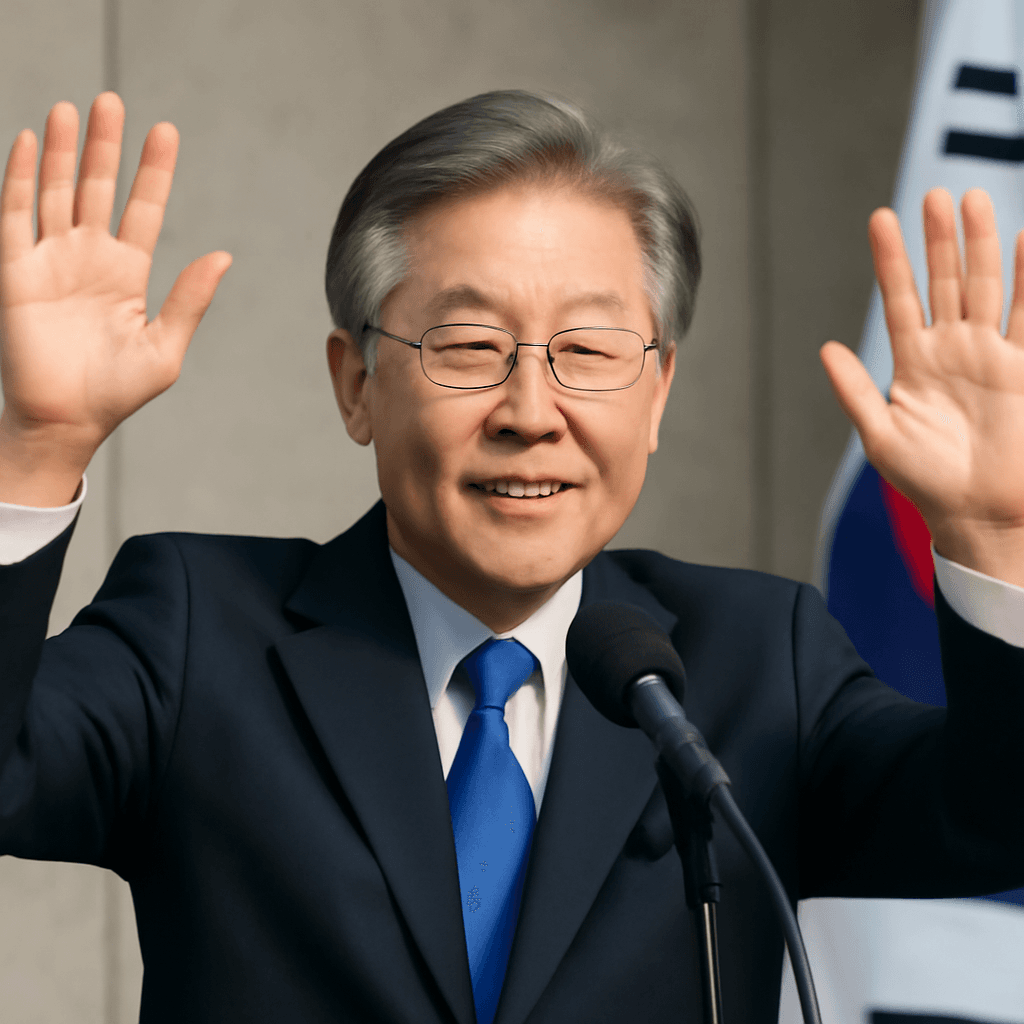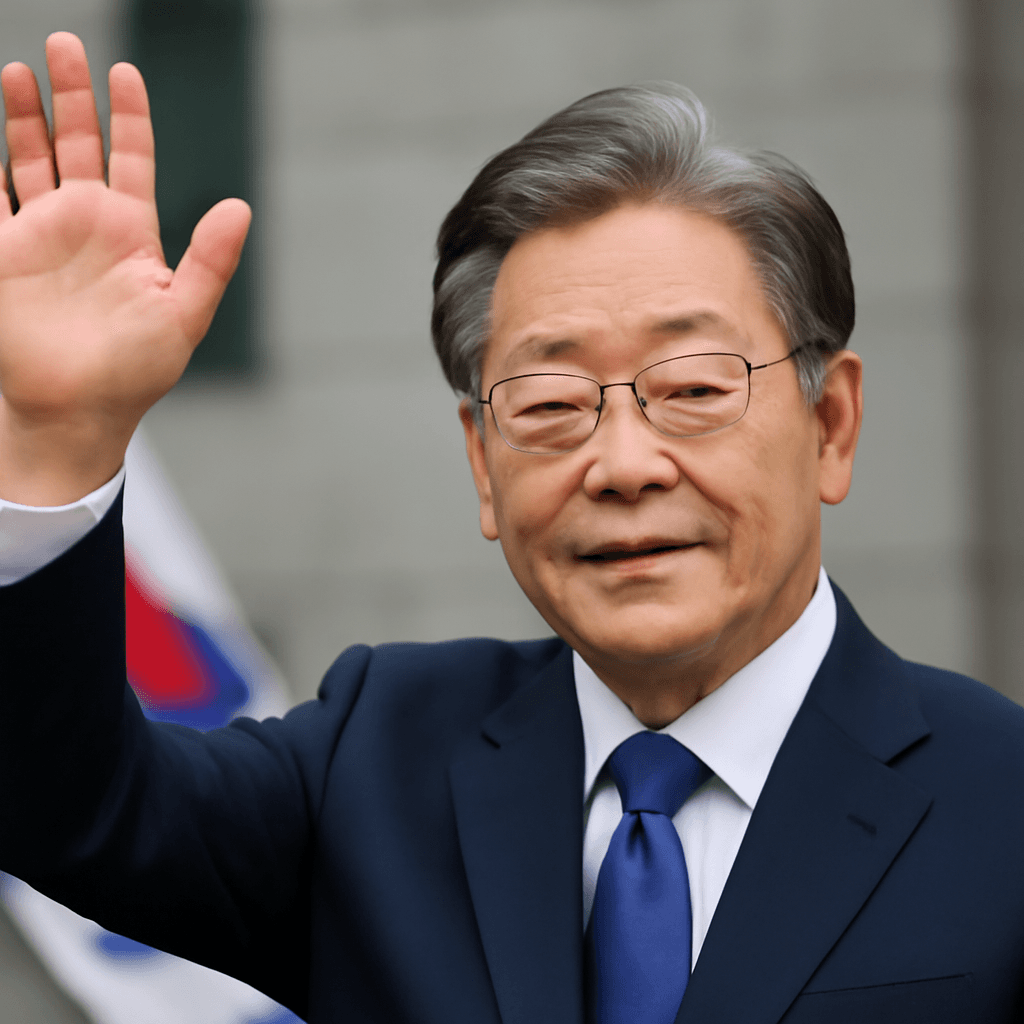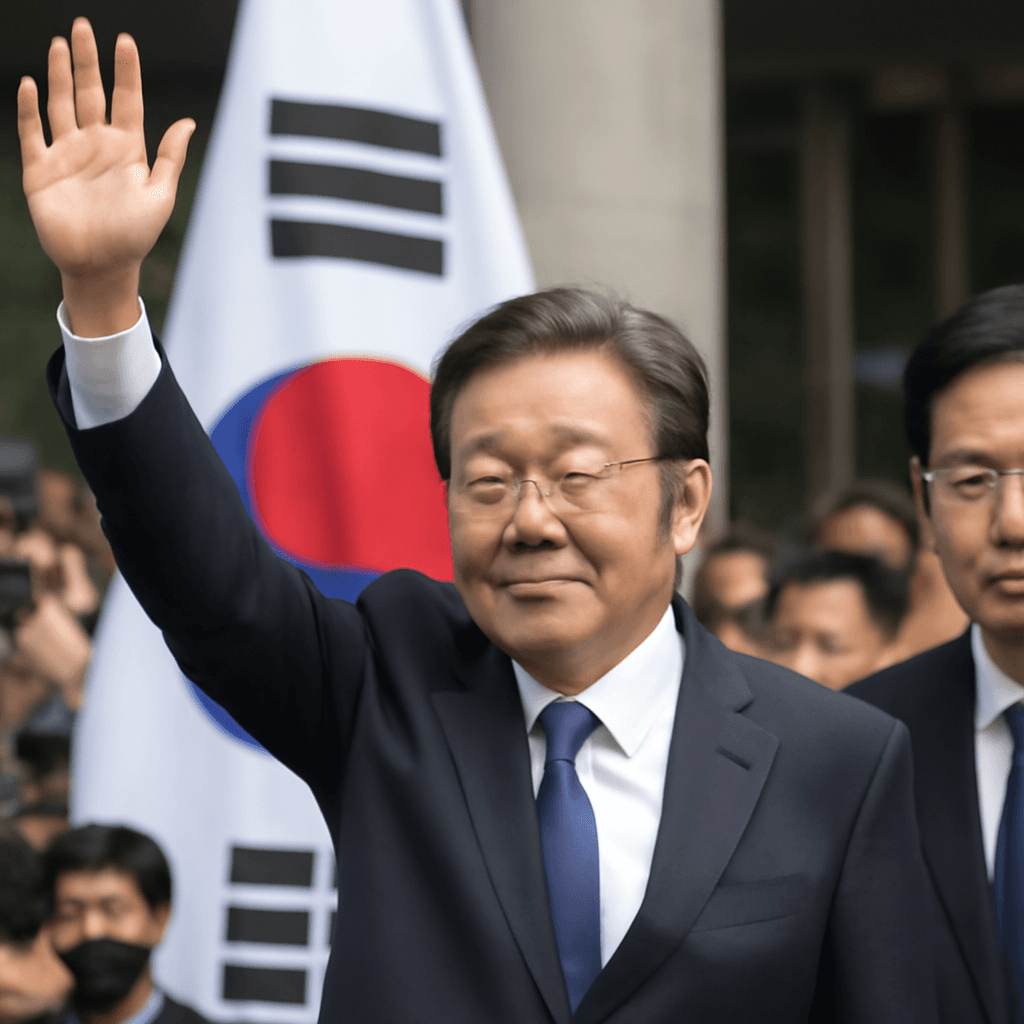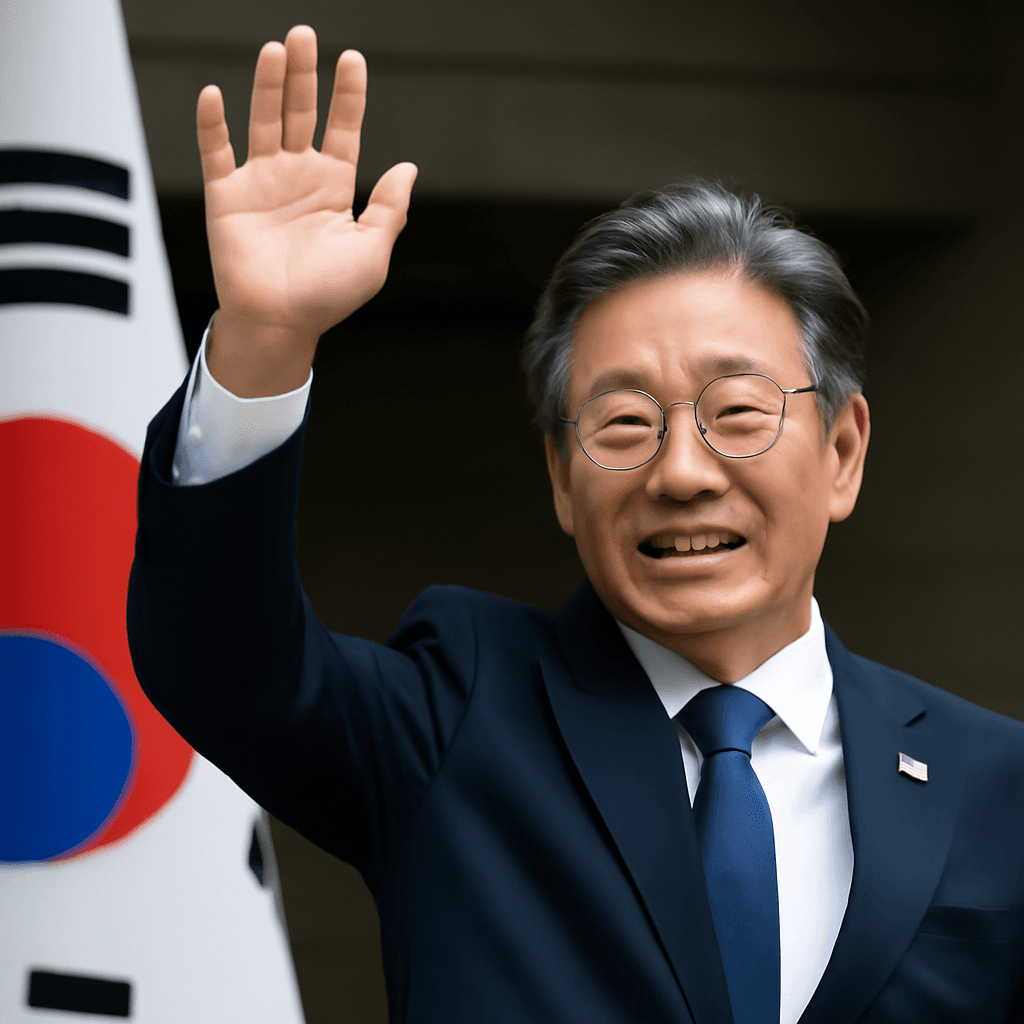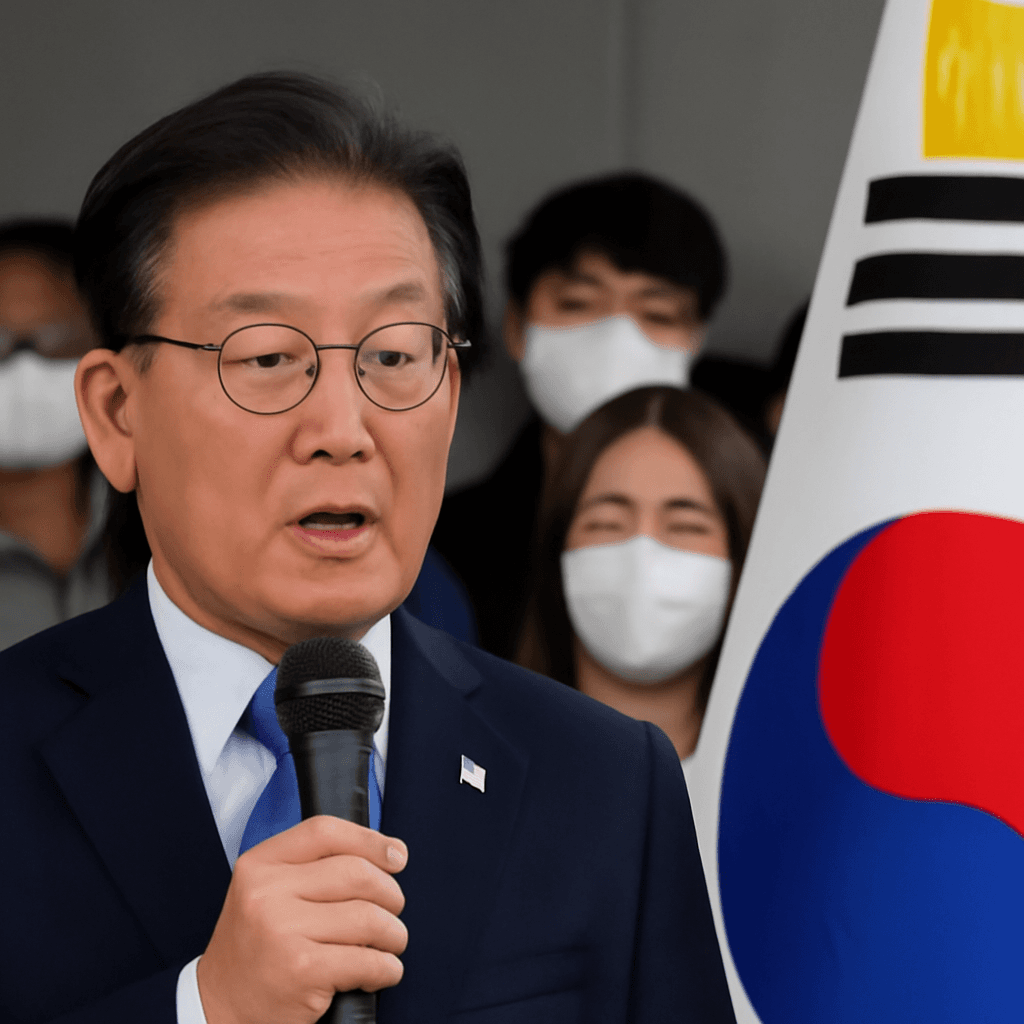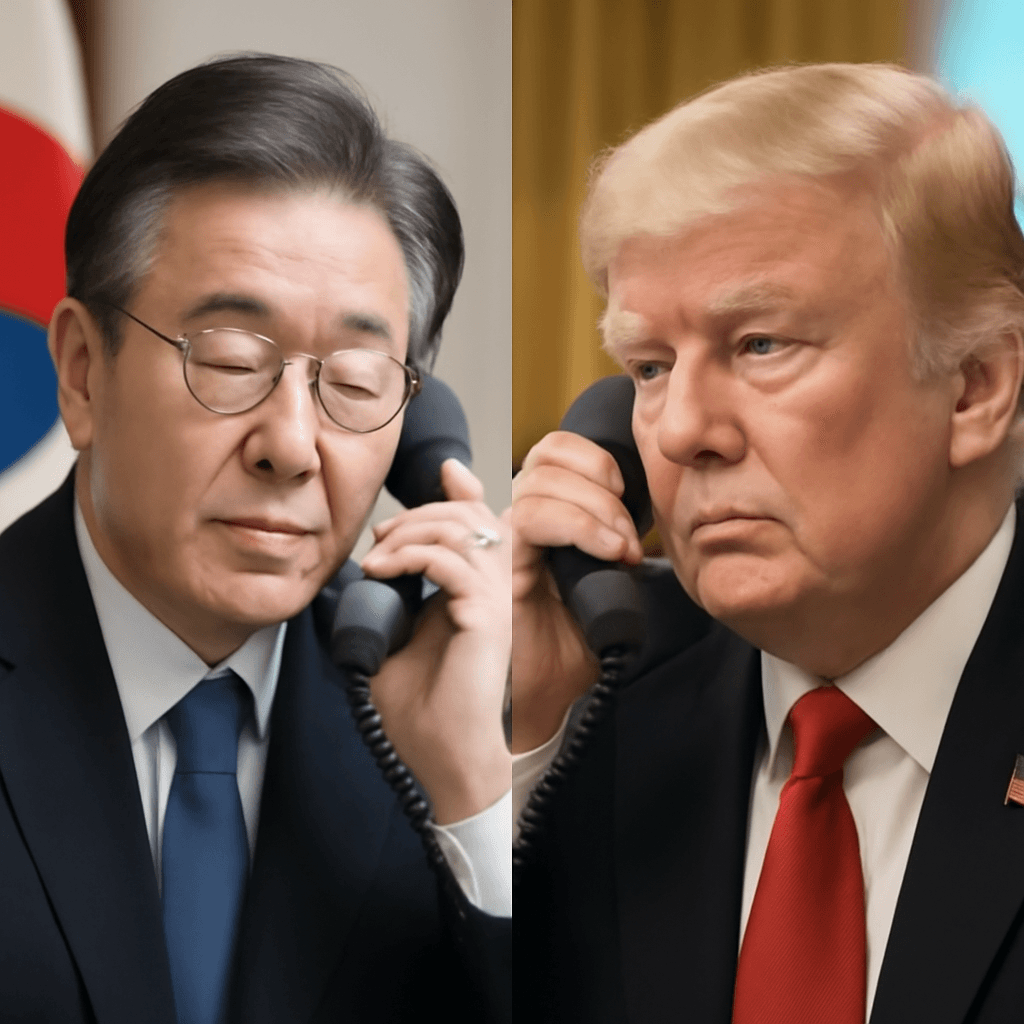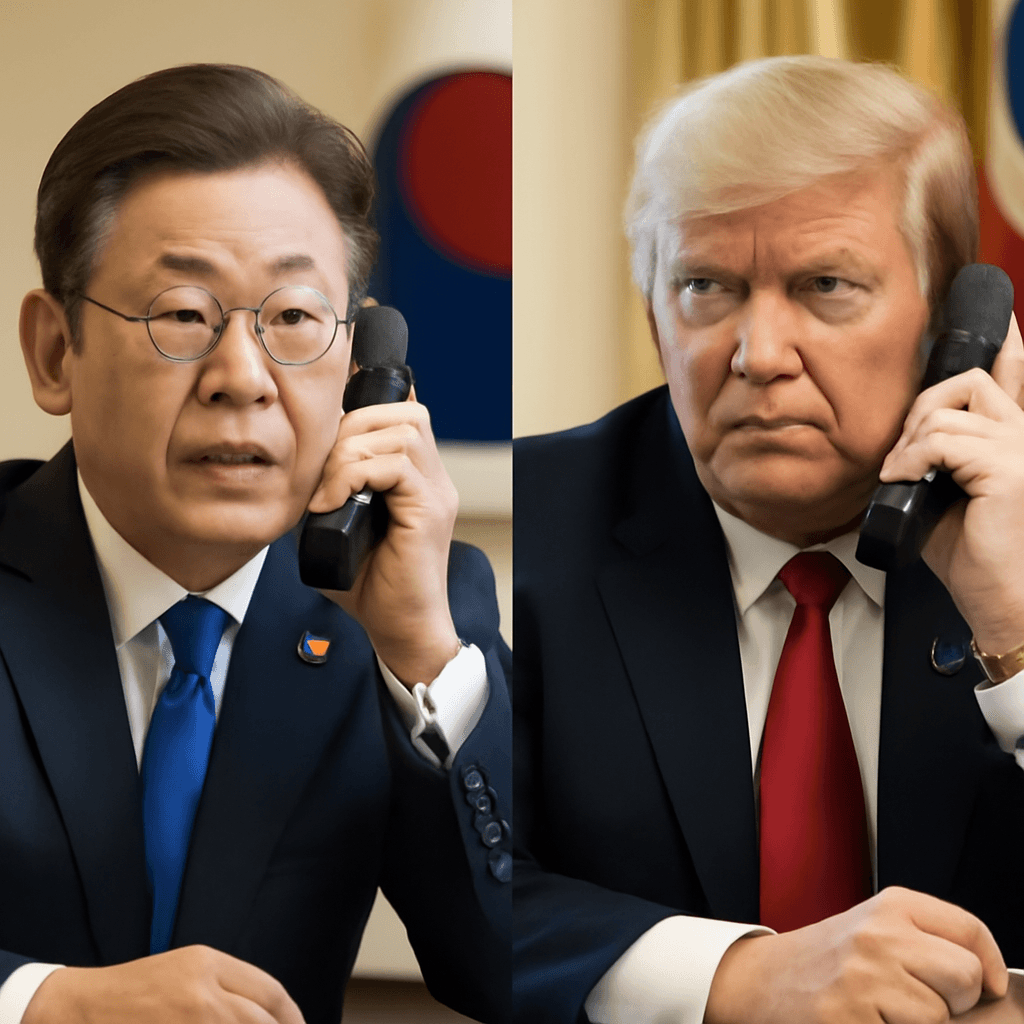South Korea Holds Presidential Election Amid Political Unrest
South Korea conducted a crucial presidential election on Tuesday, June 3, 2025, following a period of intense political instability triggered by the controversial imposition of martial law by then-President Yoon Suk Yeol. This political upheaval culminated in Yoon’s impeachment, shaking the country’s democratic foundations and prompting a high-stakes vote to restore stability and confidence in governance.
Pre-Election Polls Favor Opposition Candidate
According to pre-election polls, Lee Jae-myung, the liberal candidate from the Democratic Party, emerged as the frontrunner. His campaign has gained significant momentum fueled by widespread anti-incumbent sentiment toward conservative factions, primarily due to backlash against Yoon’s short-lived martial law imposed in December 2024.
The main conservative contender, Kim Moon-soo of the People Power Party, faced challenges in consolidating support among moderate and undecided voters amid internal party divisions over Yoon’s actions. The volatile party dynamics complicated Kim’s efforts to present a unified front to the electorate.
Voter Turnout and Election Logistics
Voting commenced at 6:00 AM and continued until 8:00 PM, following early voting days on Thursday and Friday prior, when over one-third of the 44.39 million eligible voters participated. By 7:00 AM on election day, approximately 2.4% of voters, translating to about 1.08 million people, had already cast their ballots at 14,295 polling stations nationwide.
Challenges Awaiting the New President
The incoming South Korean president will inherit a complex array of challenges. Restoring national unity after the divisive martial law episode is paramount. Additionally, the country faces economic headwinds due to a slowing export-driven economy and increasing uncertainty stemming from unpredictable protectionist policies by the United States.
Moreover, security concerns persist as North Korea’s nuclear threats evolve, adding to the geopolitical pressures that the new administration must navigate carefully. These factors will test the new leader’s ability to balance domestic stability with regional security and economic resilience.
Election Outcome and Transition
While polling officially closed at 8:00 PM, the announcement of results was pending at the time, with expectations that the victorious candidate would be sworn in on the following day. Notably, this inauguration marks a departure from tradition, as the new president will assume office immediately for a full five-year term, foregoing the customary two-month transition period.
Key Points:
- Election held on June 3, 2025, amid political turmoil after martial law and impeachment.
- Lee Jae-myung leads polls as liberal candidate with strong anti-incumbent backing.
- Conservative candidate Kim Moon-soo struggles with party divisions.
- More than one-third of 44.39 million voters participated in early voting.
- New president faces challenges: national unity, economic slowdown, U.S. protectionism, North Korean threats.
- Winner to be sworn in immediately for five-year term, skipping usual transition period.

